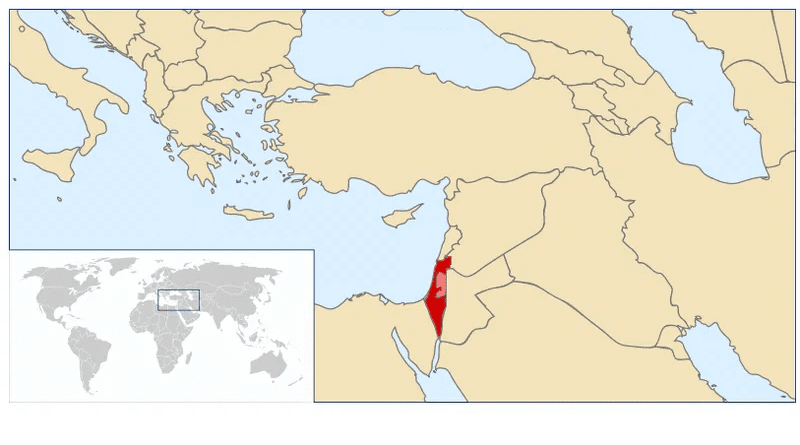US Should Penalise PA For Attempting To Circumvent Negotiation Process – OpEd
By Raheem Kassam
On Wednesday my colleague Michael Weiss argued on his Telegraph blogs page that the United States would be incorrect to impose sanctions or punitive action on the Palestinian territories for their decision to pursue a unilateral bid for UN statehood.
The motive behind Weiss’ argument I think is summarized on one line of the piece where he argues that Palestinian growth should be dependent on foreign assistance.
“The problem is, to build a state, you need other people’s money to do it.”
I couldn’t disagree more.
There are many examples of how states have grown under the auspices of freer trade and consequentially, foreign direct investment surges. This requires the type of political courage that is lacking on a grand scale in this region.
The neo-Keynesian argument about spending American or European tax dollars (or Euros) to shore up a Palestinian economy is as flawed as the argument for domestic quantitative easing, mixed with a touch of welfarism. Aid can ostensibly assist states in certain circumstances but the effects are artificial and almost impossible to sustain.
The Marshall Plan showed how aid can and should be tied to strict political and strategic objectives. European ‘recovery’ also meant a shift in control from Europe to America on the Atlantic trade front. The US controlled gained control of the ocean, bases in Europe and staved off communism all due to careful tied aid commitments rather than simply bolstering an economy out of altruism or as a delay tactic.
The debates we hear at home about the need to avoid poverty traps; to getting people working in a free market rather than at the behest of the state or public sector can be applied internationally too.
Furthermore, I would argue that you cannot bribe a population away from its implacable hostility to Jews and the state of Israel.
The Palestinian territories have a labour force of around one million people. One-fifth of these jobs are in the public sector, which is funded completely by foreign aid (in fact over 30% of their GDP is foreign aid inflows). The ‘growth’ figures that are cited for the Palestinian territories are therefore grossly misleading.
For this economic miasma to lift, there will need to be explicit and reliable political change. This is the key to any economic upturn.
Despite fluctuations and anomalies, Reagan and Thatcher’s political and economic radicalism brought decades of growth to the United States and the United Kingdom, ironically culminating in a stable enough environment for extended left-wing spending policies to be adopted by Clinton, Blair and Bush, arguably leading to the financial collapse of 2007. But it was precisely the political courage that was the foundation of this growth. The Palestinian Authority must acknowledge this pattern and follow suit.
For the United States to continue funding the Palestinian territories to the tune of nearly $1bn per year, the aid must be tied to political focuses – the eradication of incitement amongst the Palestinian youth, a commitment to the Oslo Accords and foremost – the outright and vocal recognition of the continued security of the state of Israel and a renewed effort to pursue democracy.
None of this looks like it is on the table anymore – and yet the US Congress continues to rubber stamp huge cheques to the Palestinian territories.
Yes, I agree with Weiss when he writes about the inevitable ramifications of 150,000 Palestinian workers being unemployed, despondent and in search of a scapegoat, but these people are not coming to Israel or America’s defence despite the inflow of capital and the indefinite postponement of hostilities on this basis is both shortsighted and unsustainable.
For the United States to send a strong message about what it expects politically from the Palestinian Authority, it must not hesitate to take punitive action in terms of aid spending in the Palestinian territories. Only the resulting unrest will force Palestinian leaders to realise that they need to play ball with the Quartet.
The Palestinian statehood approach may well spark unintended consequences. After all, if unilateralism can be pursued in this instance, then what is to stop international and local actors from adopting a similar approach thereafter? If this should lead to chaos and violence, the Palestinians will only have themselves to blame.

